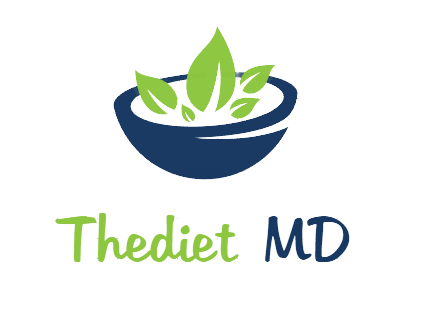Table of Contents
Benefits of watermelon seeds

The nutritional composition of watermelon seeds makes it possible to find fats, proteins, iron and other nutrients. In some parts of the world, they are toasted and served as a snack or a complement to meals.
Like most seeds, they help with bowel function and fight constipation. In addition, due to its nutrient-rich composition, seeds have energy value due to lycopene, an antioxidant that helps in the body’s functions.
The seeds help to keep nails, hair and skin beautiful and healthy due to the vitamins and salts in their nutritional composition.
Among the main vitamins and minerals are calcium, iron, thiamine, riboflavin, niacin, magnesium, phosphorus, potassium, zinc, copper and manganese.
In addition, Watermelon seeds comprise about 35% high-quality proteins and of the nine essential amino acids, the proteins in this seed rank well in almost all but lysine.
But don’t be fooled into thinking that consuming watermelon seeds is just a thousand wonders. In a cup of these seeds, there are about 600 calories, with more than half of them coming from the fat in its composition. So it is not very recommended for those who want to lose weight.
It also contains oil in its composition, and when ingested naturally, they are difficult to digest. Therefore, they can be harmful to digestion and to those who have stomach problems.
How to consume watermelon seeds?
A better option is to grind the seeds in a food processor or blender and produce a watermelon seed meal, which helps to complement snacks, juices and meals. Add a tablespoon of the flour in juices and at lunch, for example.
You can also use the seeds in making watermelon juice. Suppose you can grind it before taking it to a blender; even better. Remember to strain afterwards.
In African countries, they are roasted in a skillet and served as snacks, snacks and snacks, but it is essential to remember that it is a caloric option.
It is essential to chew the seed well if you are going to eat it whole. This is essential for the body to absorb nutrients. Otherwise, the source is difficult to digest and may not be used in the digestive process, further hampering this stage.
Another option is to infuse the seeds. Grind 40 grams of watermelon seed and add half a litre of boiling water. Leave for half an hour and then wait for it to cool.
Strain then and bring the infusion to a blender with 150 grams of cut watermelon (seedless). Beat and drink ice cream. You can keep it in the fridge for drinking throughout the week.
watermelon seed tea

This tea recipe is one of the ways to consume the seeds and helps in various body functions. It has vasodilating properties, helping to combat sexual impotence and blood circulation.
It serves to eliminate worms from the body and fight and prevent hypertension. It is also a diuretic tea, which helps the body not to retain fluid.
To prepare, separate about two tablespoons of seeds and allow them to dehydrate overnight. With the dehydrated seeds, bring half a litre of water and bring them to the fire. Cover the pan and turn off the heat when it reaches boiling.
When it’s warm, drink it without the seeds. It can strain for ease. It can also be consumed cold; ideally, it should be drunk fresh on the same day as it is prepared, but not all at once. Drink small amounts throughout the day.
don’t eat any seeds
After seeing the benefits of the watermelon seed, don’t get excited and think every seed is edible and good for you. Some fruit seeds are not suitable for consumption and can cause problems for the body.
Apple seed, for example, cannot be ingested. They contain amygdalin, a compound that produces cyanide when it comes into contact with enzymes in the human body. Cyanide generates a dangerous type of poison that is even capable of killing. Eating a seed or two accidentally doesn’t kill you, but you must be careful.
Amygdalin is also present in peach, pear, cherry and apricot pits. All these seeds must not be consumed or included in recipes.
The cashew nuts, seeds considered too, can not be eaten raw as it has toxins that generate skin problems such as dermatitis and inflammation. If consumed in fundamental and large quantities, it can even kill. It only removes these toxins when it is roasted.
My name is Ellie Lauderdale, MD and I am USA based professional Nutritionist .
I am a Registered Dietitian Nutritionist and board certified specialist in sports dietetics who is trained in integrative medicine. I have worked with hundreds of clients, from those suffering with chronic disease to professional and olympian athletes. My goal is to help optimize you from the inside so that you can feel, perform, and look your best on the outside.


